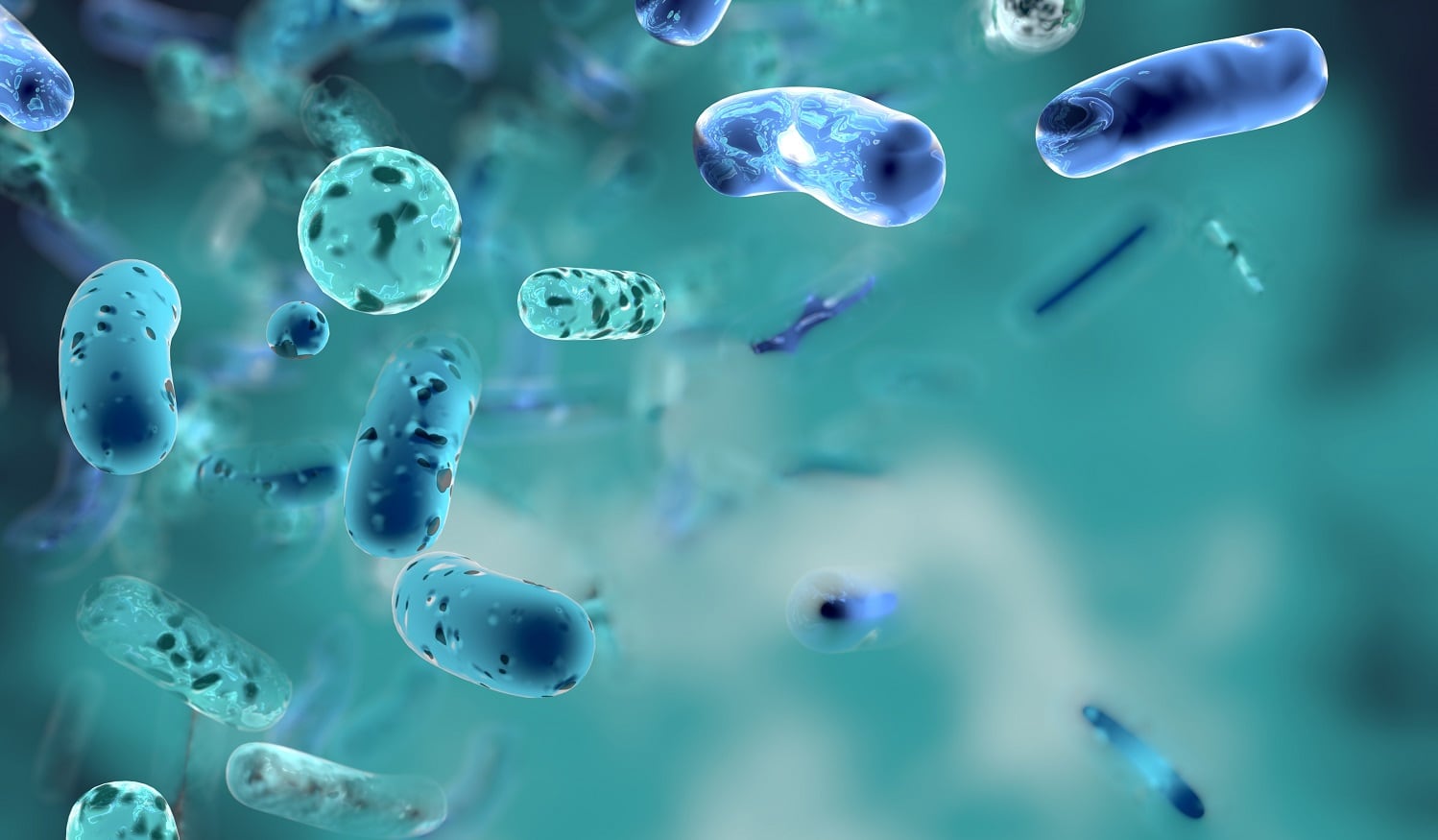The new review was published in the journal Children. It was the work of Dr. Katarzyna Maresz, PhD, president of the International Science and Health Foundation, which is a Polish organization that focuses on disseminating maternal and infant health information. Dr Maresz was joined in the review by Dr Agnieszka Kozioł-Kozakowska, PhD, of Jagiellonian University Medical College in Krakow.
The authors lay out the differences between the various forms of vitamin K. Vitamin K1, or phylloquinone, found in leafy green vegetables, is associated with proper blood coagulation. Vitamin K2, or menaquinone, has two forms, menaquinone 4 (MK4) and menaquinone 7 (MK7).
MK7 arises in nature as a byproduct of fermentation. The fermented Japanese soybean food called natto is the biggest endogenous source of MK7, which is also found in unpasteurized cheeses.
“Vitamin K2 has gained more appreciation in the recent years due to its longer half-life, better bioavailability, and extra-hepatic activity in comparison with vitamin K1,” the authors noted.
Substance critical in many bodily functions
The authors noted that vitamin K2 is linked to the activation of proteins that are important in a wide variety of functions important for growing children. These include dental health, strong bones and joints, proper brain development, healthy cardiovascular system development and function, and more.
The country with the highest natural intake of vitamin K2 is Japan, which has been postulated as one of the reasons for that county’s very low rate of cardiovascular disease compared with other industrialized nations. It also comes into play in countries where a lot of unpasteurized cheese is consumed, such as France, and might be a factor in the so-called ‘French paradox,’ in which the rate of cardiovascular disease in that country is lower than what might be expected given the substantial amount of saturated fat in the diet.
Decline in bone, arterial health among children
The authors noted that the intake of vitamin K, including among children, has declined sharply in industrialized nations in recent decades.
“Two cohorts of 4-year-old children were compared. A cohort born in the 1950s was compared in terms of dietary intake and sources of vitamin K with children born in the 1990s and showed that dietary vitamin K intake was significantly higher in the 1950s (39 mcg/day) than in the 1990s (24 mcg/day). Between the 1950s and the 1990s, people started to consume less vegetables and more fats and oils, therefore, sources of vitamin K intake have changed remarkably,” they noted.
This has led to a variety of issues, including poorer bone health. The authors noted that the rate of forearm fractures, a very common injury among active children, has increased over time. A cohort study in Minnesota found that the rate increased from 263.3 per 100,000 in the 1969-1971 time frame to 372.9 in 1999-2001. The rate increased by 32% for males and 56% for females.
Another issue is the role that MK7 can play in arterial health. Vitamin K2 activates osteocalcin, a protein that modulates calcium mobilization into and out of the bones. In layman’s language, adequate amounts of the vitamin have been shown to help keep calcium in the bones where it belongs and out of arterial walls and the plaques that can build up on them. The authors noted that with the change in Western dietary habits, arterial calcification is starting to be observed even among children.
Maternal vitamin K2 status figures into this equation, the authors said. In Japan, breast milk was found to contain all three vitamin K forms, whereas MK7 was absent in the milk of American mothers sampled in a study.
Supplementation for children
The authors asserted that, given the long history of safe use of the vitamin and the almost complete absence of side effects, the assessment of vitamin K2 status in children and supplementation where called for should become standard practice. The only real contraindication for K2 supplementation has to do with consumers who are on anticoagulant medication, the authors noted.
“Vitamin K2, especially as MK-7, which lasts longer in the body than MK-4, has important roles to play in the health of children, including the performance of various physiological functions such as coagulation, promoting bone mineralization, and a healthy cardiovascular system. Furthermore, vitamin K-dependent matrix-Gla protein (MGP) helps inhibit arterial calcification (which may begin in childhood), so early supplementation with vitamin K2 may contribute to good cardiovascular health in infancy, puberty, and beyond. The current adequate intake level of vitamin K for pregnant and nursing women is 90 mcg. Likewise, research suggests that 45–50 mcg/day MK-7 is an appropriate intake range for children,” the authors concluded.
“As we continue our pursuit of a K2-specific Recommended Daily Intake (RDI), this review serves as a substantial argument," said Dr. Hogne Vik, Chief Medical Officer with Gnosis by Lesaffre, which supplies vitamin K2 ingredients.
"Particularly as it illustrates the overwhelming impact K2 deficiency has on child populations, and it illustrates how parents' deficiencies feed into the state of their children's health,” he added.
Source: Children
2022, 9(1), 78; https://doi.org/10.3390/children9010078
The Impact of Vitamin K2 (Menaquionones) in Children’s Health and Diseases: A Review of the Literature
Authors: Maresz K, Kozioł-Kozakowska A




